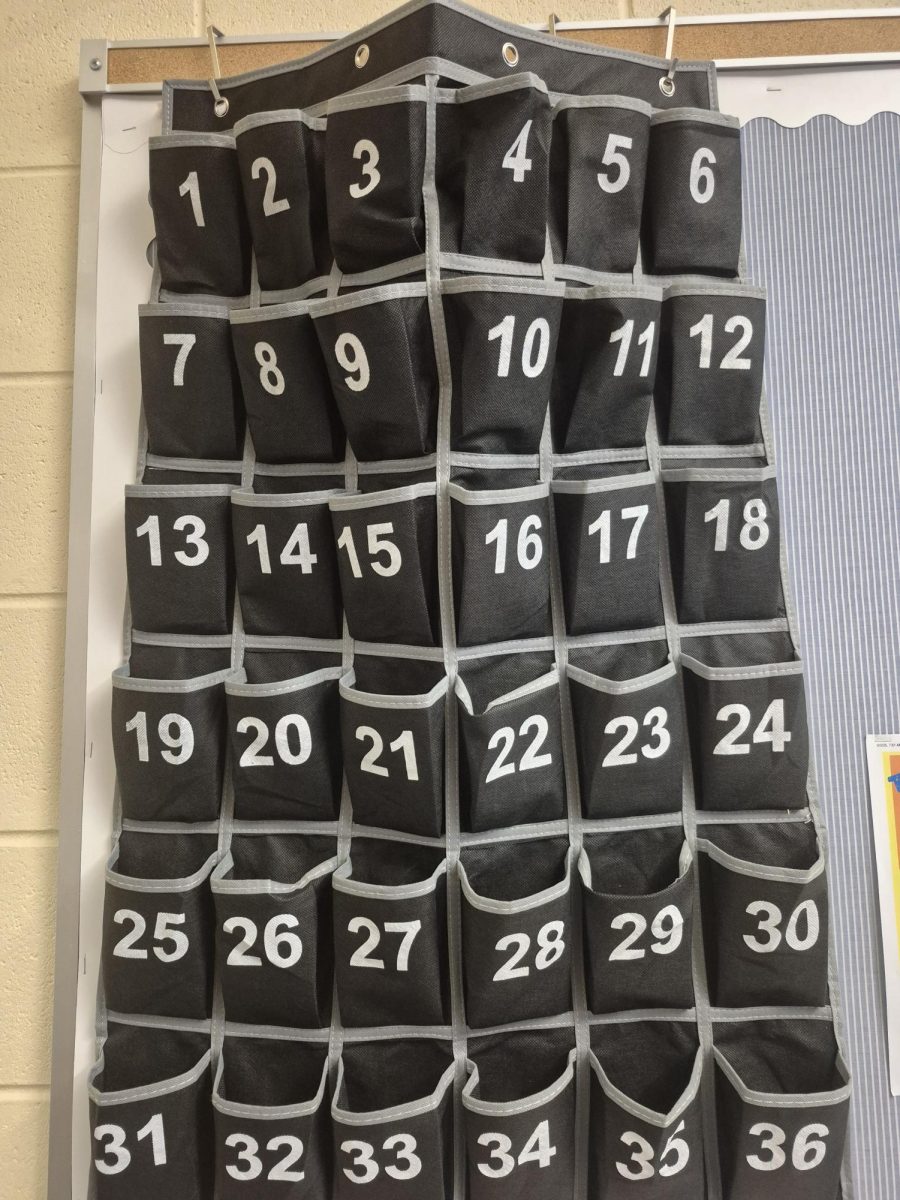My legs shake anxiously as my teacher hands back our tests in 8th-grade science. I’m .05% away from having an A in the class, so anything higher than a 93 would boost my grade up. I desperately need an A and I am unsure if my last minute studying did the trick. She hands my test back, and I got a 95. The last minute studying did the trick for that test. Four years later, I remember very little about the Meiotic process I had studied for that test. I merely wanted the A and learned to get a good grade, not to truly learn the content.
So much of school is based on “learning to get a good grade,” and for AP students, the learning shifts to getting a good AP score, not just a good grade. But after AP exams, some AP classes shift to a whole new style of learning: “learning to learn,” not just learning to get a good grade.
Many classes allow “learning to get a good grade” mindsets. Many students can write down hours of notes and still not understand the content. For AP Calculus students, after the AP exam, students faced a whole new situation: Instructor Shanna Meyer presented them with a unit of independent research. “Most of it was online discovery. So giving a prompt and seeing how the kids would respond to that prompt by researching themselves. Students actually had to work after the AP exams for the Conics unit. I wasn’t leading my students through the unit so they couldn’t just be lazy and copy the notes. They actually had to go online and watch videos and talk to each other and collaborate with each other to solve various problems,” Meyer said. Independent note-taking forces students to work hard and understand the content by themselves instead of relying on Meyer to give them the information to memorize (and possibly forgetting it in a few months).
While Meyer gave her students an independent research and note-taking project, the learning mindset “learning to get a good grade” partially remained. Students had to work hard and independently, but they, in the end, could still be rewarded with a good grade.
In contrast, Instructor Kelly Dewitt focused on diminishing the “learning to get a good grade” mindset and teaching AP Chemistry students important material needed for other college courses. “[After the AP exam] I don’t have to prepare my kids for the AP exam anymore so I can prepare lessons that are helpful for students advancing in chemistry at the college level. I can help them develop skills that they might not have learned that will be beneficial in the future. I have had my students do lab practicals (building structures of different molecules), learn how to use [Microsoft] Excel efficiently, and elaborate more in biochemistry. My students have stayed relaxed the past three weeks, but they are still engaged and actively learning new content in chemistry,” Dewitt said. Despite being done with AP exams, Dewitt manages to teach students and keep them involved without a “learning to get a good grade” mindset.
Instructor Ken Strobel’s AP Language class follows a similar learning mindset after the AP exam. However, instead of teaching a couple subjects, like Dewitt, Strobel gave students a week to write an article for the West Ottawan (the school newspaper), and the best two or three articles would be published. “Students were energized for the project. They had to learn how to write to make an article appealing to a real audience. They wouldn’t receive a grade for this project, regardless if the article was published, yet most of them worked hard to try and produce an article worth publishing on the [West Ottawan] site,” Strobel said.
It’s difficult to keep students willing to learn after the AP exams. With the right learning methods, projects, and activities, AP teachers have managed to keep students involved and shift their mindset from “learning to get a good grade” to “learning to learn” in the final weeks of the school year.






